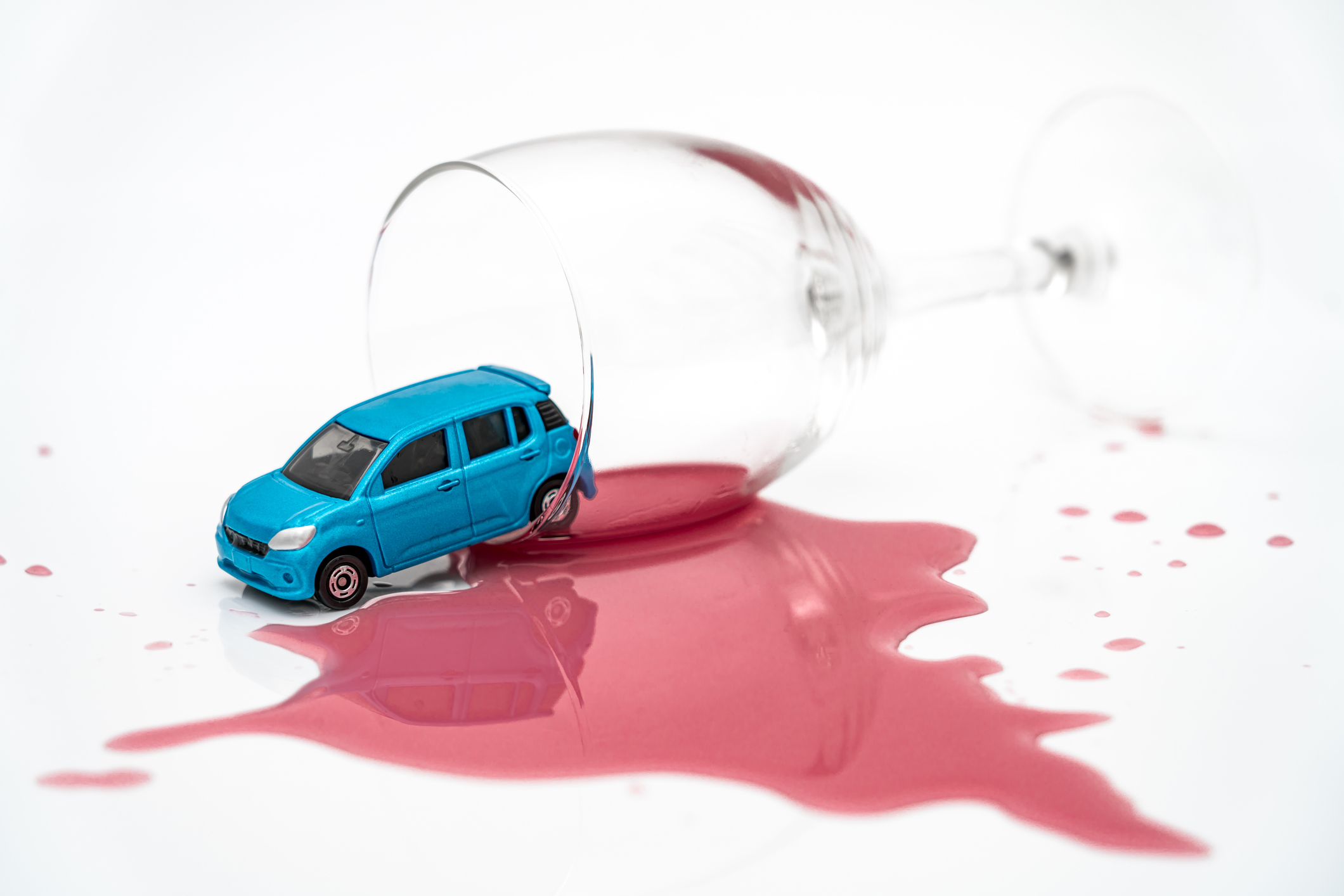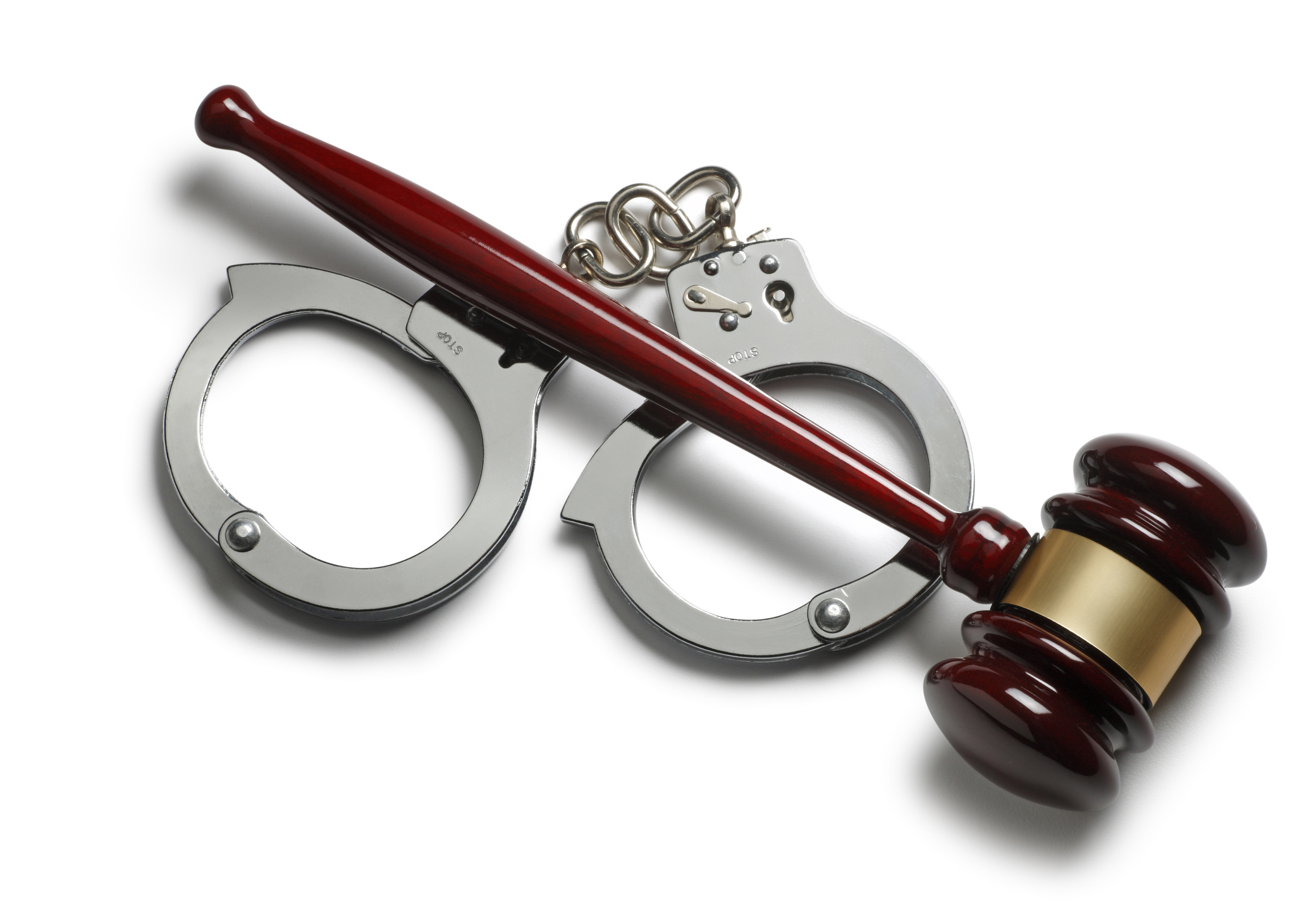What is the Legal Limit in Los Angeles, California?
Every state has a legal limit for blood alcohol concentration (BAC) allowed in a driver’s system when they are behind the wheel of a motor vehicle. Exceeding them could result in serious consequences, including DUI charges and potential jail time.
For most California drivers over 21, the legal BAC limit is 0.08% or higher. Suppose a driver registers with a BAC at or above this level. In that case, they will be considered legally under the influence and impaired, potentially facing DUI charges.
For commercial vehicle drivers, the BAC limit is 0.04% or higher. Meeting or exceeding this limit can result in the immediate suspension of a commercial driver’s license and potential criminal charges.
It is illegal for anyone under the age of 21 to consume alcohol. California has a strict zero-tolerance policy for drivers under the age of 21 who are under the influence of alcohol. Any detectable amount of alcohol in a young driver’s system could result in harsh penalties, including driver’s license suspensions, costly fines, and potentially jail time.
How Do the Police Test a Motorist’s BAC?
Law enforcement officers test drivers they believe to be under the influence with various methods for detecting blood alcohol concentration in their systems. BAC testing is a scientific means to measure the amount of alcohol present in an individual’s bloodstream, thus indicating intoxication and inebriation. Various law enforcement agencies utilize different types of tests to determine whether motorists are operating their vehicles under the influence of alcohol. The two most common tests are blood tests and breathalyzer tests.
A breathalyzer test is the most commonly used method for testing BAC levels at traffic stops. Breath tests are portable electronic devices that estimate the alcohol concentration in an individual’s breath, which correlates with their BAC levels. A motorist must blow into the device, which uses technology to measure the alcohol molecules in their breath.
A blood test involves drawing a DNA sample from the individual and analyzing it in a laboratory setting to precisely determine the alcohol concentration in their bloodstream. This type of BAC test is less commonly used during routine traffic stops because it requires medical equipment, laboratory professionals, and trained medical personnel.
Field sobriety tests may also be used at DUI traffic stops to determine the driver’s intoxication. Unfortunately, most field sobriety tests are subjective and unreliable.
What Can Affect a Driver’s Blood Alcohol Concentration Levels?
Several different factors can affect a driver’s blood alcohol concentration. After all, alcohol affects everyone differently. We each have unique metabolisms and other health matters that can play a significant role in how much alcohol affects us. Even if you consume the same amount of alcohol as your friend, you may have different BAC levels.
Factors that regularly impact your BAC levels include the following:
- Acid reflux and GERD
- Age
- Food consumed at the time of drinking alcohol
- Gender
- Height
- How long was spent drinking alcohol
- Hypoglycemia, diabetes, or a high-protein diet can inflate your BAC
- Medications that you’re on
- Metabolism
- Mouthwash
- Type of alcohol that was consumed
- Your weight
- And more
Can You Refuse a BAC Test in California?
In most cases, California motorists who refuse to take chemical tests at traffic stops are still charged with DUIs. Even though motorists will not be specifically charged with driving with a BAC level over the legal limit, they could still be charged with the offense of driving under the influence, along with charges for refusing to cooperate.
Suppose you refuse a chemical test at a traffic stop. In such cases, you will likely end up with mandatory jail time on top of any other DUI penalties. Even if you decide to take the police officer’s breathalyzer test in the field but then refuse any subsequent chemical testing, you could still be charged with refusing DUI testing. The DMV can suspend your driver’s license for a whole year for refusing a breathalyzer test.
What Are Potential Legal Defense Strategies for Your DUI Case?
Just because a blood alcohol content test determines that you are over the legal limit does not necessarily mean that you are without hope. There are various legal defense strategies available to clients accused of driving under the influence that could reduce or totally dismiss the charges against them.
Your DUI defense attorney may consider the following legal defenses:
- A criminal defense attorney is likely to point out that field sobriety tests used to determine impairment are inaccurate and cannot be used as proof in your case
- Accusing a motorist of driving under the influence based on objective symptoms is not the same thing as proving that they are driving drunk. For example, slurred speech, unsteady walking, and red eyes may indicate that an individual has been drinking, but these could also be factors brought on by allergies, sleepiness, or medications
- Bad driving does not automatically equal driving under the influence. Factors like driver fatigue, distracted driving, or unfamiliarity with the area could resemble impaired driving, but should not be treated the same by the law
- Blood samples could be contaminated or improperly stored, leading to fermentation and higher alcohol levels
- Breathalyzer tests have several limitations. Alcohol residue in the mouth, certain medications, improperly administered tests, delays in testing, improperly stored samples, and even radio frequency interference can interfere with the accuracy of DUI testing. Your attorney will raise questions about these limitations and whether they led to inaccuracies in your test
- Law enforcement officers must have reasonable cause to pull you over, such as observing erratic driving or some traffic violation. If the law enforcement officer did not have a valid reason to perform the traffic stop, evidence obtained during the stop could be deemed inadmissible in a court of law
- Police officers are expected to observe a suspect for 15 minutes before administering a breathalyzer test to ensure that no additional alcohol has been ingested. Failure to follow this procedure could invalidate any test results
- Residual alcohol in your mouth, known as mouth alcohol, can lead to inaccurately high BAC results when using a breathalyzer test. Acid reflux and recent use of mouthwash can also affect breath test results in the same way
- The blood alcohol content in your system can continue to rise for up to two hours after you last took a sip of alcohol. If your DUI test was conducted during that two-hour window, the test results may be inaccurate, as your BAC could have been on the rise. Your DUI attorney can use the testimony of professionals to argue that your BAC was rising at the time of the test
- Title 17 of the California Code of Regulations establishes strict rules for DUI testing, including proper equipment calibrations, necessary training for police officers, and careful handling of DNA samples. Failure to comply with these protocols could result in inaccurate test results, which can be challenged
Schedule Your Free Initial Consultation with a Los Angeles DUI Defense Attorney Today
Challenging breathalyzer test results, maintenance records, police officer conduct, and device calibrations could all be viable defense strategies in your DUI case. If you have been accused of driving under the influence of alcohol, we strongly suggest that you seek the professional legal representation of an experienced attorney.
Our firm has extensive experience representing defendants in criminal defense matters, including those accused of DUI offenses. To learn more about how we can challenge your charges, please contact our law office to schedule your free case review today.
Get in touch with us by calling our offices at 866-691-2077.




